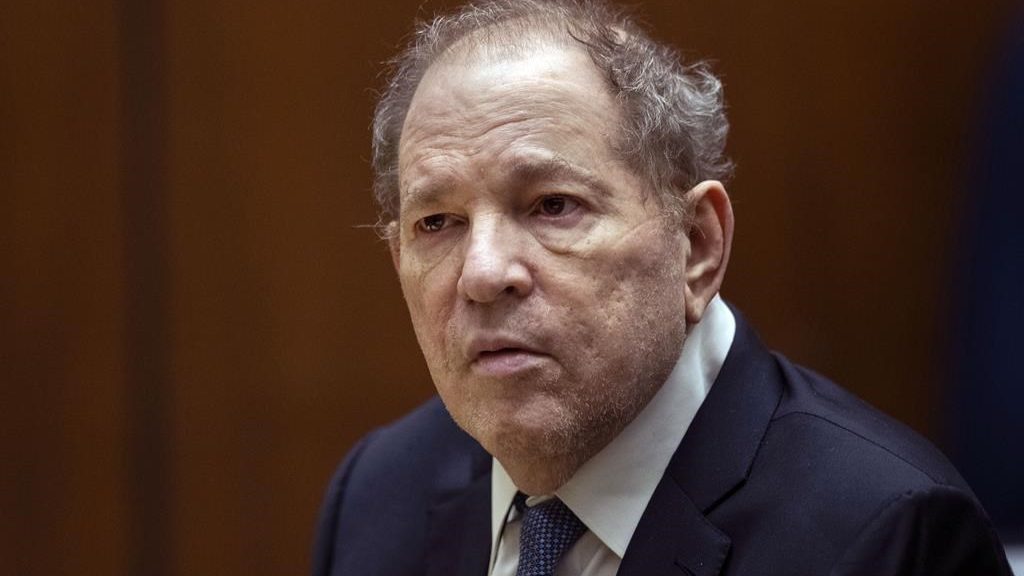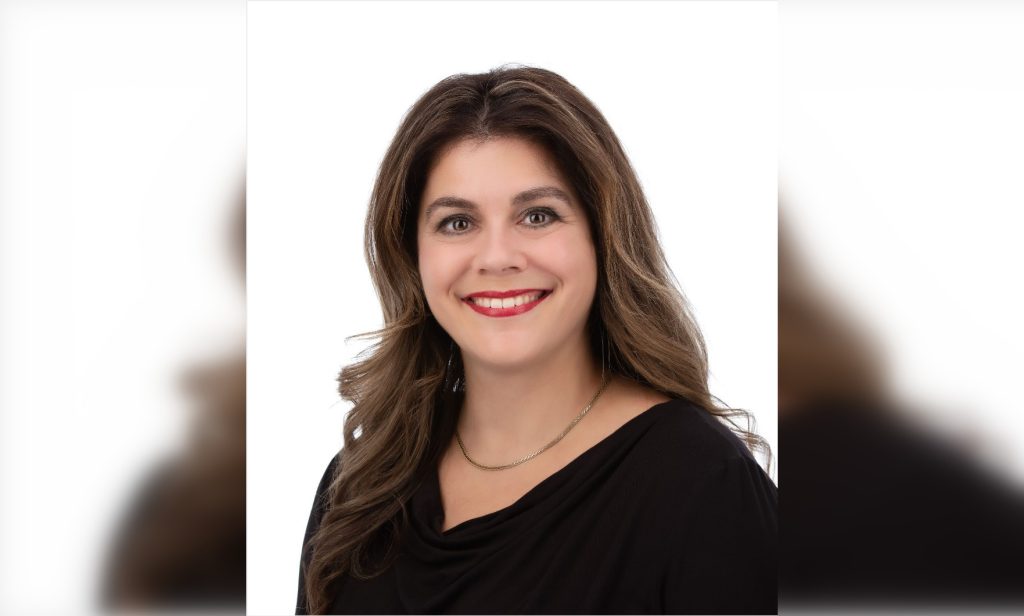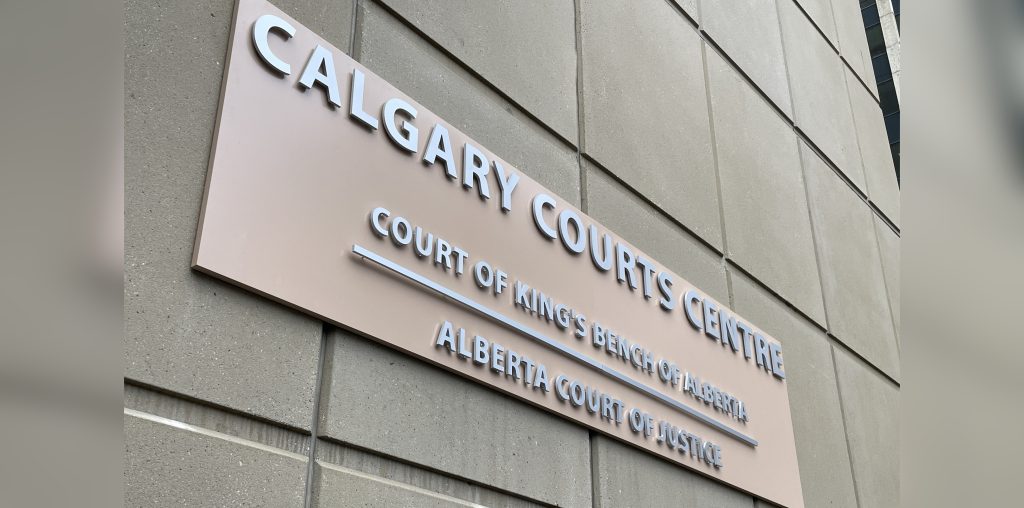Cabinet ministers call Alberta Wildrose hypocritical over government debt
Posted Nov 13, 2012 5:52 pm.
This article is more than 5 years old.
EDMONTON – Two Alberta Tory cabinet ministers say politicians from the Opposition Wildrose party are self-serving hypocrites trained in “flea-market” economics where cash falls forever off a “money tree.”
Municipal Affairs Minister Doug Griffiths and Transportation Minister Ric McIver took turns Tuesday firing back at criticism levelled by the Wildrose over the government’s plan to take on debt to pay for big-ticket capital projects.
Griffiths hammered away during a speech to rural and municipal district politicians. He said he’s tired of hearing the Wildrose demand spending cuts overall while also lobbying for pet projects in party-held constituencies.
“What hypocrisy,” said Griffiths. “You can’t demand you reduce spending and then demand you spend more in your own constituency.
“Every single person in this room has an issue, whether it’s their hospital or their school or their road.
“It’s about long-term planning for the next 20 years to make sure we meet those demands, not just about what the budget looks like at the second-quarter update. That’s how you run a flea market, not the province of Alberta.”
McIver, in a scrum with reporters, was 25 seconds into his first answer to a question on the debt plan when he turned his guns on the Wildrose.
“The Opposition, with their money tree math, in one breath says, ‘Don’t borrow money’ and in the next breath says, ‘We would have built (to twin) Highway 63 (to Fort McMurray).’
“Well they wouldn’t have done it without borrowing money because it costs $1.1 billion. You can’t have it both ways.”
Premier Alison Redford and Finance Minister Doug Horner announced on the weekend that the government will take on debt to pay for roads, schools and hospitals while making sure the $40-billion day-to-day operating budget stays in the black.
Wildrose Leader Danielle Smith said Redford didn’t announce that plan in the February budget or run on it in the April election campaign.
She called it a fundamental reversal of policy and a repudiation of the legacy of former Tory premier Ralph Klein, who used oil royalties to erase Alberta’s $23-billion net debt and set up the province as an international leader in fiscal probity.
Smith wants Redford to call a referendum on the spending issue. The Wildrose leader said Albertans need to have a say on whether future generations should be saddled with debt.
McIver, however, asked if it would be fair to impose the same debtload on current Albertans. He used the twinning of Highway 63, which connects Edmonton with the oilsands, as an example.
“If we were to pay cash, then Albertans in 2013 up to 2016 would have paid the entire freight for that road, and people for the next 20-30 years would have got a free ride,” said McIver.
“When you borrow the money over a 20-year period, which we are, the people using the road will be the same ones paying for it. There’s an element of fairness there you can’t deny. The Opposition wants to throw that element of fairness out.”
The government announced earlier this year that twinning would be fast-tracked after numerous crashes and fatalities on the busy highway. Earlier Tuesday, RCMP closed a section of the road to investigate a fatal head-on crash between a pickup and a tanker truck.
Reporters asked Griffiths why the government didn’t talk about the debt plan during the election.
“Actually I think (we) did,” said Griffiths. He said he has spoken for a year or more on the need to find ways to build recreation centres, sidewalks and other amenities for thousands of newcomers.
He said the debtload under Klein had to go because it was money for day-to-day operating expenses.
“We had bad debt. We had operating debt … and the situation had to be rectified, but that doesn’t make all debt bad.”
The minister suggested it makes sense, as in the case of a family farm, to borrow money in the short term to flourish in the long term.
“If you wait until you have cash, it hinders your ability to grow your business. Most businesses and industries operate that way.
“It’s an investment, not a debt.”
Liberal finance critic Kent Hehr said the government needs to look at other options such as changing corporate tax rates or abandoning the flat tax for a progressive one.
“The government continues to fund today’s projects on the backs of our future prosperity,” said Hehr.
“Its only plan is to continue to spend all of our fossil fuel wealth in one generation.”
The debate is expected to flare up again Monday when politicians resume sitting in the house after a one-week break.










